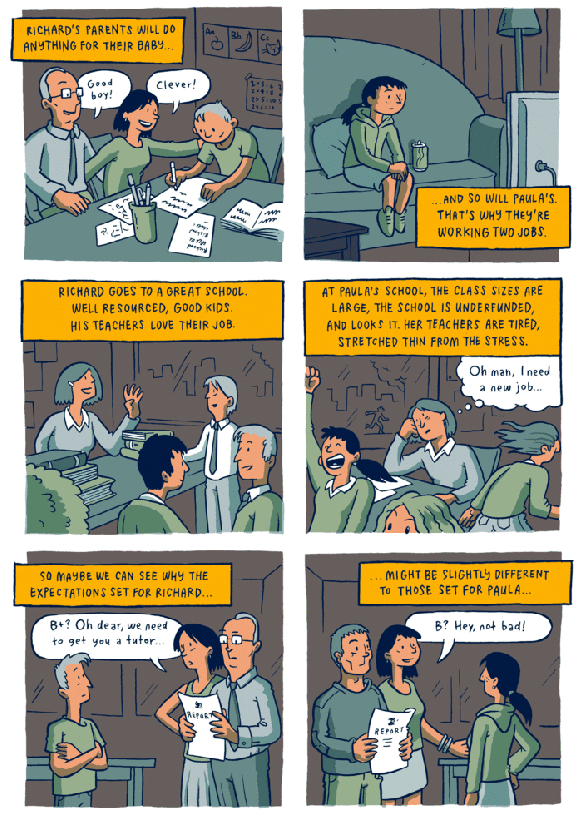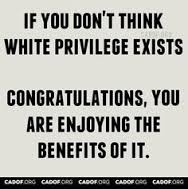Each and every morning I wake up to the peaceful sound of birds chirping and the comfort and softness of my queen-sized bed. I’m able to take warm showers and not worry about what I’m having for breakfast. I’m able to choose which clothes I want to wear depending on the weather or the circumstances.
“Do I want to look nice today? Do I want to just relax and wear sweatpants? Should I wear slides or wear real shoes for once?”
These are all thoughts that go through my head each morning as I’m able to enjoy the comfort and privilege of my every day life.
However, this isn’t the case for many refugees at refugee camps across the world. Although not all refugees live in refugee camps, the large amount of refugees (65.3 million at the end of 2015) can cause camp conditions to be extremely overpopulated, underfunded, unsanitary, dangerous, etc. Many refugees complain about the lack of any opportunity and seeming permanence of their situations.
Here are some quotes from refugees across the world that were taken from articles about life in refugee camps:
“I’m in a voluntary prison, I was young when I arrived here 14 years ago,” said Elias Wondimu, an Ethiopian refugee in Kakuma. “That has changed now, I don’t see any reason as to why we celebrate refugee day. I hate life.”
“How can we have a normal life here? You can only leave the camp if you have permission. There are good and bad people here, so it is difficult to protect your children in this environment. And if anyone gets sick we have to go and stand in a clinic for hours.” -Abu Amar, a refugee located in Zataari
“We are like dead people,” said 47–year–old Bhutanese refugee Hari in Beldangi. “It’s killing time only. All the time staying here, killing time. Our lives are doomed. We cannot go ahead with developing our future,” he added, pointing to the children who were being educated in the camp but had little chance of ever using their skills.

There has been a shortfall of funding from UN countries recently. The UN has not been able to keep up with the drastic increase of need from the Syrian conflict and several organizations aimed to provide better living conditions for refugees at camps are severely underfunded. For example, the World Food Program is more than 63% underfunded and recently had to halve the monthly rations to 211,000 Syrians in regional refugee camps and the World Health Organization is only 27% funded.
So how do we use our privilege and resources to help refugees in need? There are many ways to help refugees as well the UNCHR. The first is to make a donation which goes straight to their worldwide field operations. Raising awareness through social media or in local communities is a great way to get more people involved. Also, there are opportunities to volunteer for organizations in your local community.


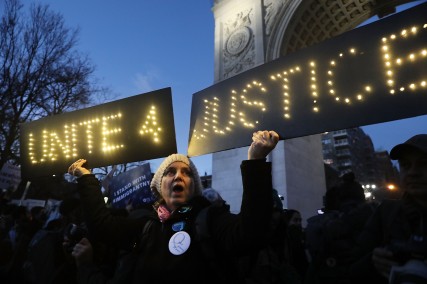
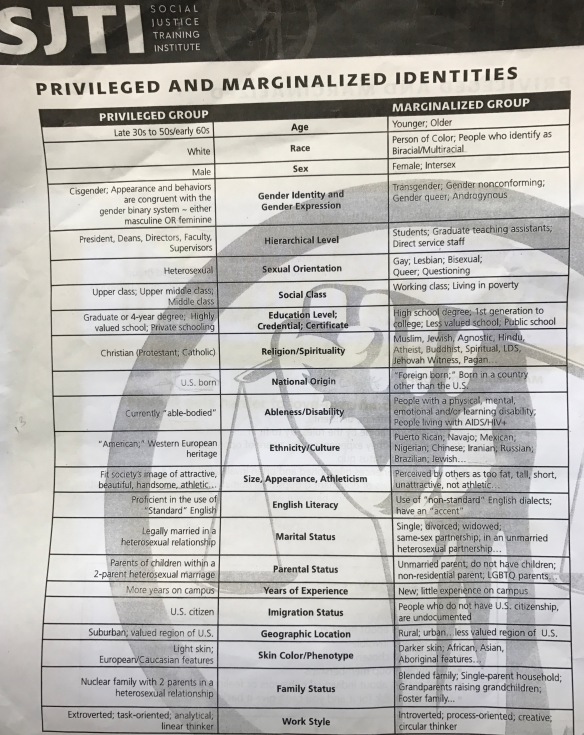
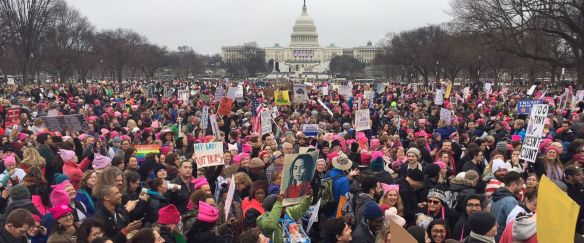 This past weekend, I witnessed history in Washington, DC during the Women’s March on Washington. Speaker after speaker spoke of the importance of unifying our communities, emphasizing the importance of women’s rights as human rights, and uniting together to ensure equal rights to all. Advocates of reproductive rights, the LGBTQIA+ community, and the black and brown communities spoke with conviction of the importance of uniting each community to create a force with such power that Washington could do nothing but listen. The Women’s March left me, along with thousands of others around the world, inspired and empowered to take on the uphill battle to reach universal equality for all women.
This past weekend, I witnessed history in Washington, DC during the Women’s March on Washington. Speaker after speaker spoke of the importance of unifying our communities, emphasizing the importance of women’s rights as human rights, and uniting together to ensure equal rights to all. Advocates of reproductive rights, the LGBTQIA+ community, and the black and brown communities spoke with conviction of the importance of uniting each community to create a force with such power that Washington could do nothing but listen. The Women’s March left me, along with thousands of others around the world, inspired and empowered to take on the uphill battle to reach universal equality for all women.
